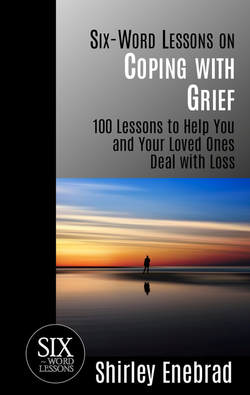 I recently saw the Northern Lights while in Iceland. It was spectacular. Seeing them made me think of my son and others who have died and gone to Heaven. The dancing lights seemed full of joy. I imagined Cory seeing them from the other side. Right after I got back from my trip, my friends Mark Tillman and April Braykovich (who lost her son Ryan and whom I met while conducting grief workshops in Seattle) came to Maui to get married. 17 years later and April is still my shining example of good grieving. Mark and April left and now, I’m sitting here visiting with Laurel Miller, Sammy’s mom. Sammy was a bright beautiful radiant little human being who was flown down from Alaska for treatment in Seattle. We became friends and then, family. I used to do respite for Laurel so she could get out of the Ronald McDonald House and go to dinner or a movie and have a break from the rigors of taking care of a sick child 24/7. Sammy was a joyful little boy who could light up a room with his smile. He always had a great attitude. He thought I had the voice of an angel just like his…:) Laurel and I were just reminiscing about the stupid non-helpful things people said to us before, during and after our son’s died. Neither of us is sure why people feel the need to comment in the first place but it is stunning how really stupid and insensitive well-intentioned people can be. Laurel was actually made to feel guilty or worse by the judgment of others. She recently suffered through an eight-year deterioration of her husband’s health too. The words, “Well, at least he isn’t suffering” coming from a woman who hasn’t lost a child or her husband is just plain stupid. The meaning behind that is “You shouldn’t be grieving. You should be glad he is gone because it was bad for him.” How is that supposed to be helpful? Or compassionate? Or even okay for someone to say? How about, “You’re still young.” Meaning the person you are grieving is replaceable. NOT OKAY. “Ya know, he did it to himself by doing X, Y or Z.” Again, that helps no one. Think before you speak. Ask yourself, “Is this necessary? Kind? Helpful? or how about, “Do I really know what I am talking about?” Like my momma always said, “If you can’t say anything nice to someone, do not say anything at all.” Sound advice. Thanks, mom! Be well.  Shirley Enebrad is a Certified Grief Recovery Specialist with 25 years of experience. For her many years of work with pediatric cancer patients and those grieving the loss of a loved one, she received the Jefferson Award for Outstanding Public Service and the Angel of Hospice Award. She is the author of Six-Word Lessons on Coping with Grief and Six-Word Lessons for Surviving a Devastating Diagnosis.
0 Comments
Your comment will be posted after it is approved.
Leave a Reply. |
See the Authors!
All
|

 RSS Feed
RSS Feed